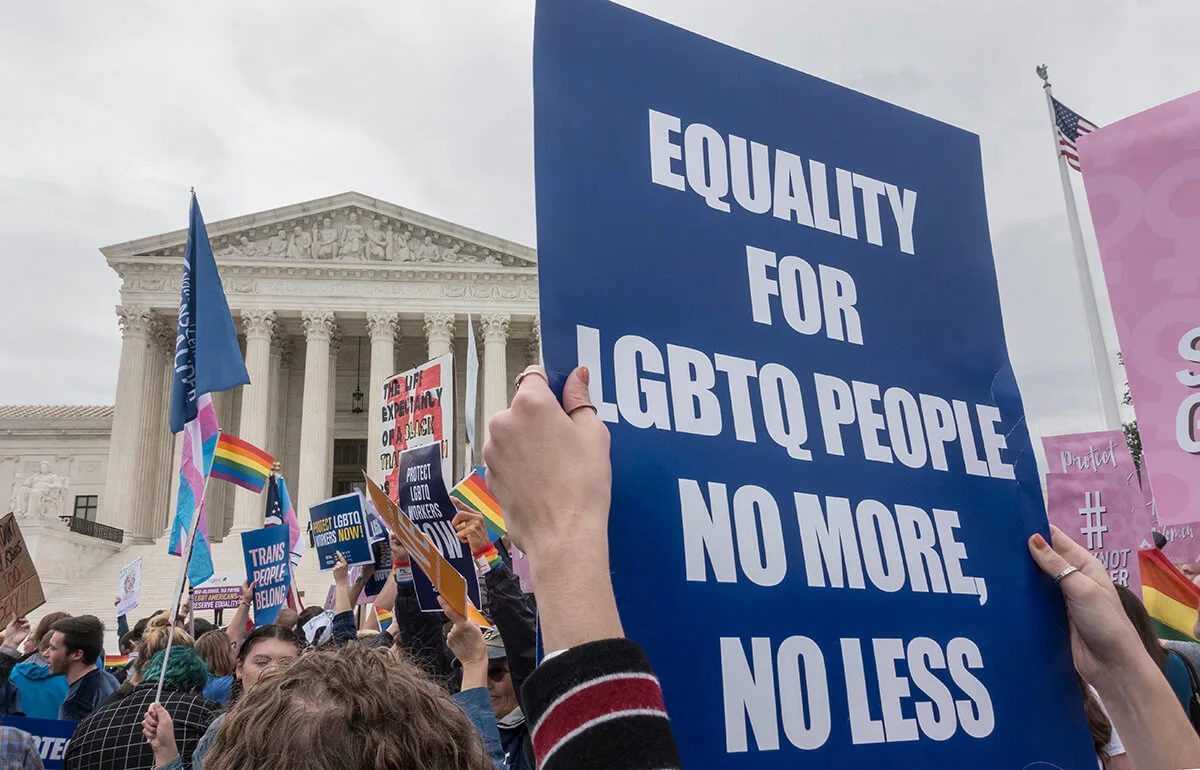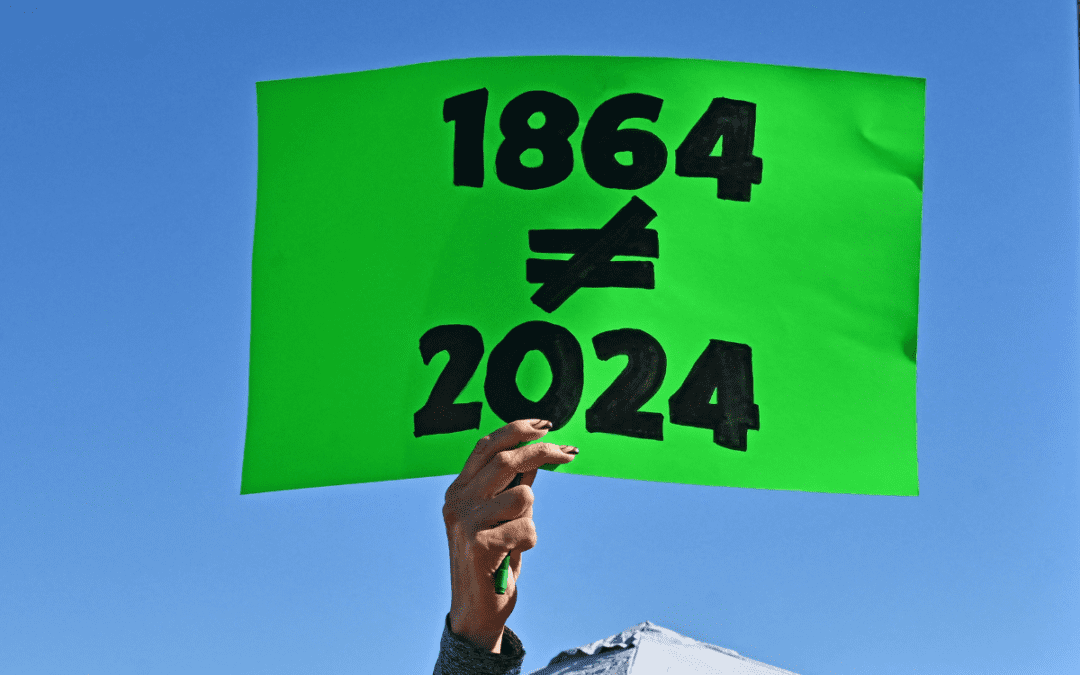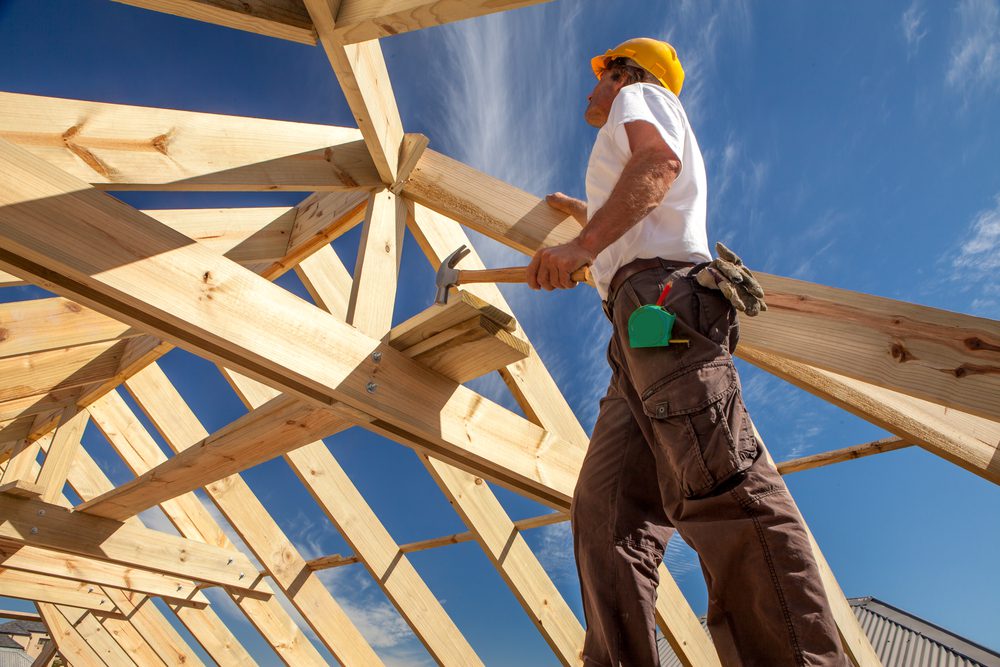
“We don’t treat people like you here.”
As a young adult, Michael Soto had gone to see a doctor about a cold.
But rather than treating Soto, the doctor was more interested in understanding the alternate name on Soto’s ID, which he had not yet legally changed as a transgender man.
After discussing his gender identity, the doctor closed up her notes and sent him away–“We don’t treat people like you here,” she told him.
“It’s a very shocking thing that a medical professional who’s sworn to take care of you in terms of your medical health would ask you to leave based on who you are,” Soto said.
Today Soto is the president of advocacy group Equality Arizona, a non-profit that works to build the political and cultural power of Arizona’s LGBTQ community.
The discrimination that Soto faced as a young adult is not uncommon in Arizona, he said, thanks to weak nondiscrimination protections in state law and legislation that actually negatively targets LGBTQ people.
A Big Win, But Not Enough
The LGBTQ community celebrated a victory Monday when the Supreme Court ruled that workplace discrimination based on sexual orientation and gender identity is illegal, based on the Civil Rights Act of 1964’s ban on sex-based discrimination.
Soto said the Supreme Court ruling is helpful in that it gives people a “federal level of protection,” but he still wants to see Arizona pass laws clearly banning this kind of discrimination.
Arizona only has one law of this kind on the books, preventing discrimination based on sexual orientation in public employment. However, nothing bans discrimination based on sexual orientation in private employment, or discrimination based on gender identity at all in the workplace.
“That’s a key part of our work still, making sure that it’s explicitly stated and people don’t even have to do the work of interpreting what the Supreme Court has said,” Soto said.
RELATED: Why the Supreme Court Ruling on LGBTQ Workplace Protections Is a ‘Watershed Moment’
Soto also wants to see this protection carry over to healthcare in Arizona.
In a state where nearly 5% of the population identifies as LBGTQ, Arizona is one of 12 states rated as having overall “low” protections for LGBTQ people, according to the Movement Advancement Project (MAP).
Arizona lacks laws preventing discrimination against LGBTQ people when it comes to private health insurance. There is also nothing banning providers from refusing to cover transition-related care.
There is also a state law that specifically bans the state Medicaid program from covering gender-affirmation care, as well as a ban on state employees being able to access transgender-inclusive benefits.
Soto said this denial coverage can be incredibly harmful.
“[Gender-affirmation care is] absolutely necessary care for folks who are seeking it, and so it’s not elective in any way, it’s not cosmetic in any way,” he said. “It’s vital life-saving care like any other vital life-saving care.”
New Efforts for Harmful Laws
Allowable discrimination isn’t limited to healthcare and the workplace. Arizona Republicans attempted to put a new law on the books related to sports this spring that the LGBTQ community considers harmful.
House Bill 2706 would have banned transgender girls and women from playing on female sports teams, forcing students whose sex was in question to “prove” they belonged on the team through a doctor’s exam.
Despite Equality Arizona protests calling the bill “an extreme infringement in the privacy, civil liberties, and autonomy of Arizona’s trans girls and women,” the legislation passed the House.
It didn’t make it to Gov. Doug Ducey’s desk before the Legislature adjourned due to the pandemic but it’s possible Arizona Republicans could take up the bill again next year.
Politics

State Official: 1864 abortion ban gives Arizona ‘black eye’
Arizona’s role at the forefront of the climate crisis, defending democratic elections, and protecting reproductive rights has caught the attention...

Biden makes 4 million more workers eligible for overtime pay
The Biden administration announced a new rule Tuesday to expand overtime pay for around 4 million lower-paid salaried employees nationwide. The...
Local News

Arizona’s reality TV stars: Where are they now?
From A-list actresses to a controversial bachelor, here's a roundup of reality TV stars from Arizona. Whether you love it or hate it, reality TV is...

New funding keeps the homeownership dream alive for Avondale families
In a unanimous decision, the Maricopa County Board of Supervisors approved an additional $796,326 on March 27 to boost homeownership opportunities...





